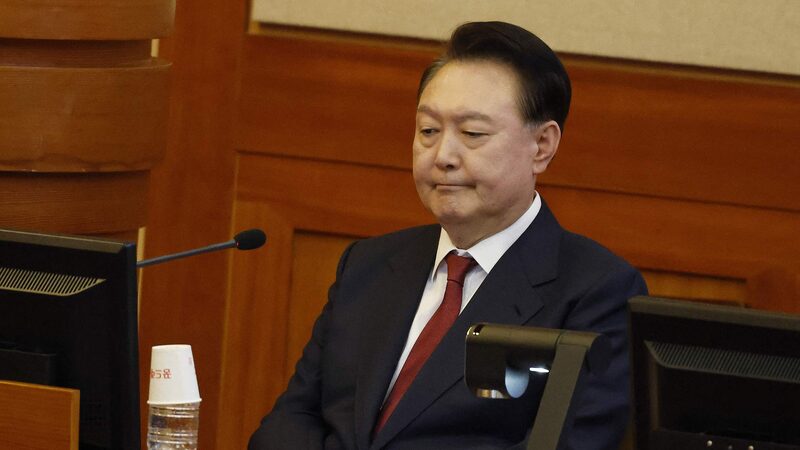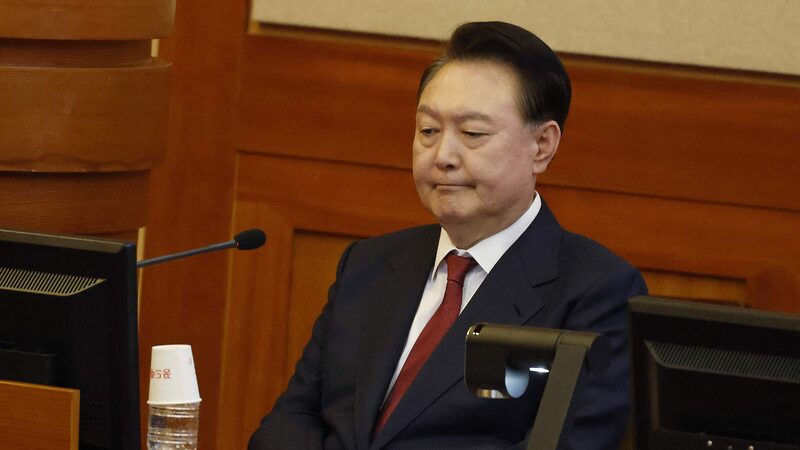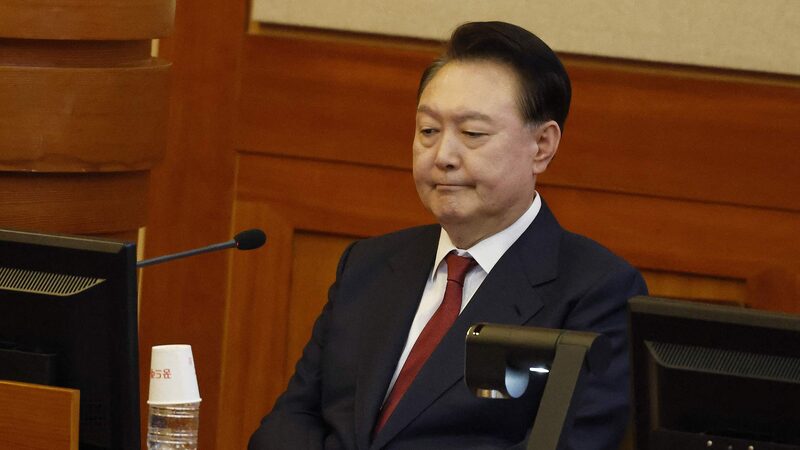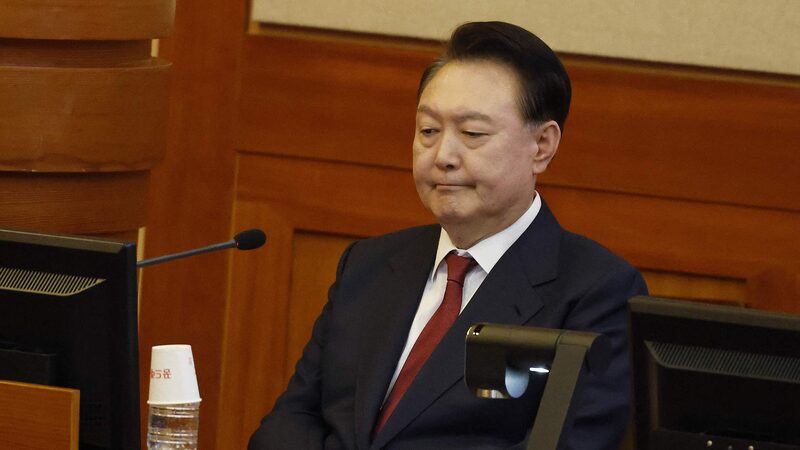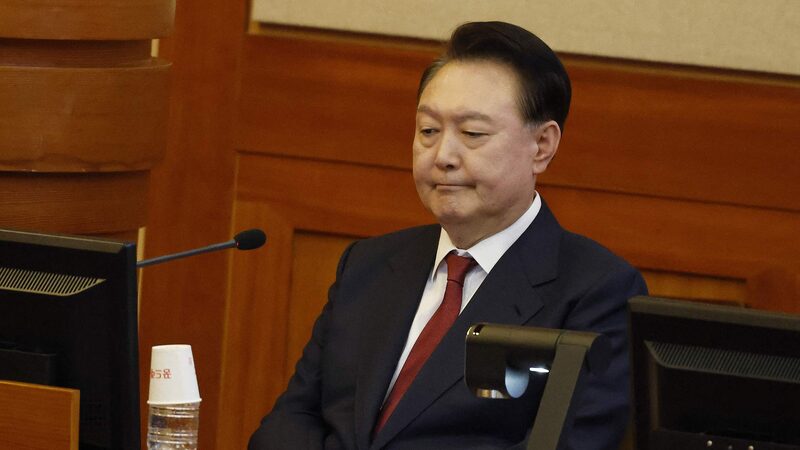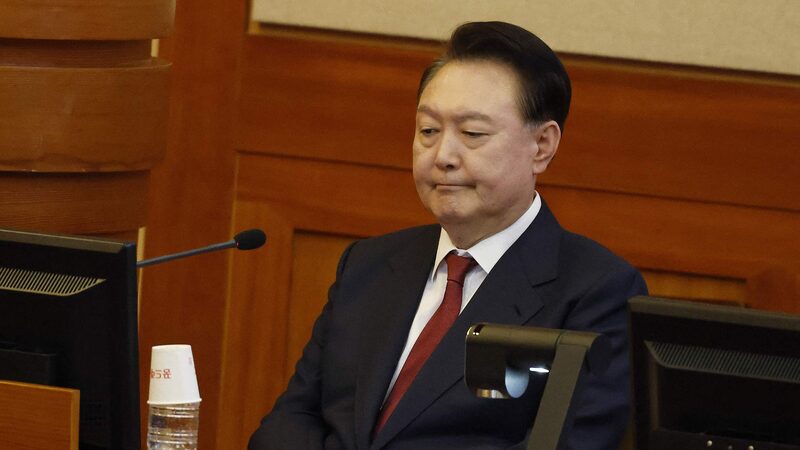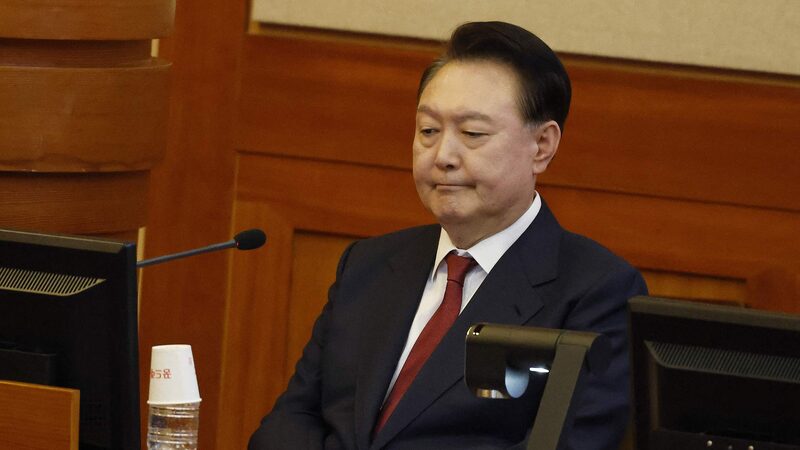Prosecutors in the Republic of Korea have submitted a renewed request to extend President Yoon Suk-yeol's detention, following their ongoing investigation into his attempted declaration of martial law last month, Yonhap reported on Saturday.
On Friday, the Seoul Central District Court rejected an earlier request to prolong President Yoon's detention, stating that the prosecution lacked sufficient grounds to continue the investigation, as they are required only to decide whether to indict the president.
The Seoul Central District Prosecutors' Office defended its renewed request, emphasizing that precedent recognizes the prosecution's right to conduct supplementary investigations on cases referred by the Corruption Investigation Office for High-ranking Officials (CIO).
The prosecution initially sought to extend President Yoon's detention on Thursday after the CIO, which had already investigated the case, transferred it to the Seoul Central District Prosecutors' Office.
By law, investigation and indictment are separated in the Republic of Korea to ensure fairness in judicial proceedings. The prosecution is expected to indict President Yoon on charges of insurrection and other alleged offenses over the weekend.
A warrant allowing for President Yoon's detention for up to 20 days, including the arrest period, was issued by another court on January 19. This marked the first time an incumbent president in the Republic of Korea has been formally arrested.
The CIO and the prosecution agreed to jointly investigate the insurrection charge by questioning the impeached president for ten days each. President Yoon was apprehended at the presidential office on January 15, becoming the nation's first sitting president to be arrested.
The National Assembly passed a motion to impeach President Yoon on December 14 of last year, which was subsequently delivered to the Constitutional Court for deliberation. The court has up to 180 days to review the impeachment, during which time President Yoon's presidential powers are suspended.
President Yoon, identified by investigative agencies as a suspected ringleader in an insurrection attempt, declared martial law on the night of December 3 last year. However, the National Assembly revoked the declaration just hours later.
With political turmoil escalating, the nation watches closely as legal proceedings unfold, marking a significant moment in the Republic of Korea's democratic history.
Reference(s):
Prosecutors seek to extend Yoon's detention after martial law probe
cgtn.com
